OPINION: Stop blaming athletes for their injuries
November 21, 2022
In the world of professional sports, both fans and athletes know and accept the harsh reality of injury. For fans, it can mean a favorite player sidelined for extended periods, robbing them of the entertainment the world’s greatest athletes produce. For athletes, it can mean loss of a central focus in life and a job stripped away, not because of faulty action but due to uncontrollable occurrences of the body.
Injuries often elicit anger, uncertainty and sometimes depression when endured by an athlete. In severe cases, they can result in an abrupt end to an entire career; the best way for an athlete to persevere through this adversity is continued support from friends, family and the greater fan community. Such has been the standard for decades in professional sports.
Unfortunately, the past few years have seen the birth of a concerning and deplorable trend of fan intolerance of some players enduring an injury, mainly through swaths of users on social media. Certain prominent athletes have been ridiculed, patronized and become a source of humor. If athletes known for their spectacular performances often find themselves repeatedly missing playing time due to an injury, the likely fan reaction proves to be inconsiderate at best.
The trend is a growing cancer throughout all sports discourse, but most concerning among NFL and NBA viewers. During week eight of the NFL season, a historic performance was needed to weather the storm of trolls on social media.
San Francisco 49ers running back Christian McCaffrey, recently traded from the Carolina Panthers, has had an unfortunate past two seasons, missing 24 games due to various injuries. McCaffrey went from a consensus top running back in the entire league to being perceived as unreliable and injury-prone.
Throughout this season, in his first few games back, almost any post on social media about McCaffrey was flooded with demeaning comments, such as “He’ll still get hurt by week four,” or “Surprised he didn’t tear his ACL on that play.” However, in just his second game on his new team, McCaffrey tallied an absurd all-time stat line. Against the Los Angeles Rams, he scored a rushing, receiving and passing touchdown, becoming just the fourth player since 1970 to accumulate all three in one game. In addition, McCaffrey became the first player in the Super Bowl era to accumulate over 30 yards in each category while scoring in each. Safe to say those degrading comments will not stick around any longer.
Among the NBA world, Los Angeles Lakers star Anthony Davis is currently on the receiving end of this onslaught. As an eight-time All-Star and a vital piece to the Lakers’ 2020 championship run, Davis was widely regarded as among the league’s best. However, repeated injuries caused Davis to miss substantial amounts of both the 2021 and 2022 seasons, playing in less than half of possible games.
Davis’ continuous cycle of returning from an injury only to sustain another was met with criticism instead of support, with many unable to grasp why he could not take the court. Nicknames emerged across social media, such as Anthony “Day-to-Day” Davis or “Mr. Glass Ankles.” Even TV analyst Charles Barkley contributed, quipping during a segment that Davis should instead be called “Street Clothes” because he was continually sidelined in everyday clothing apart from his teammates in uniform.
While the jokes at surface level are funny and clever, they inherently put down their subject over something out of their control. Davis spoke about the negative response to his injuries: “Last year when I wasn’t playing, people were saying ‘AD’s giving up on his team. It’s the playoffs. AD has to play. He’s got to play.’ And when I went out there to play, got hurt again, they said, ‘Who was his trainer? Who let him play?’ … The real basketball guys know that there’s nothing I could’ve done in these situations.”
While the jokes may seem innocent to those making them, they can take a toll on a player’s psyche. The most egregious case of the trend can be found in the young career of New Orleans Pelicans’ Zion Williamson.
During his high school and collegiate career, Williamson’s impressive skill and athleticism resulted in him being arguably the most hyped NBA prospect since LeBron James. During the 2019 NBA Draft, he was selected first overall, along with colossal expectations. Due to injury, he missed most of his rookie year and only played 24 games, but the following season, Williamson surpassed expectations.
During the 2021 season, Williamson averaged 27 points and seven rebounds per game while shooting a ridiculous 60% from the field, and was selected as an All-Star in only his second year. But just as he began to shine, a foot injury sidelined him for the entirety of the 2022 season. Now in his fourth season, Williamson has played in just 94 games.
Throughout the 2022 season, discourse around Williamson became wildly toxic. Both fans and analysts seemed to forget the magnificent season he most recently completed and decided to focus only on the months of seeing him on the sidelines. Viewers were furious with Williamson for not taking the floor, even though the Pelicans’ management ordered him to remain sidelined, while Williamson believed he was ready to play.
The barrage of hate chipped away at Williamson’s mental health. To be away from the game he loved because of something out of his control, and to be hated for it, was devastating.
“I was in dark places at times because I couldn’t play basketball,” Williamson said in an interview with Sports Illustrated. “And then just seeing how the world reacted? It took a lot. It did a lot on my spirit.”
Williamson confided in Pelicans’ assistant coach Teresa Weatherspoon, who provided emotional support during what she called “dark days.”
“I didn’t want him to feel alone,” she said. “It was much bigger than basketball at that point. You didn’t want to lose a young man.”
With continued support from family and his team, Williamson fully recovered from the injury and has returned to the lineup this season, picking up right where he left off with efficient play.
Many fans and analysts that belittle players over these situations forget to understand the effect it can have on the athletes themselves. If their goal is to see their favorite athletes back in the lineup, aggression and anger are undoubtedly the wrong answer.

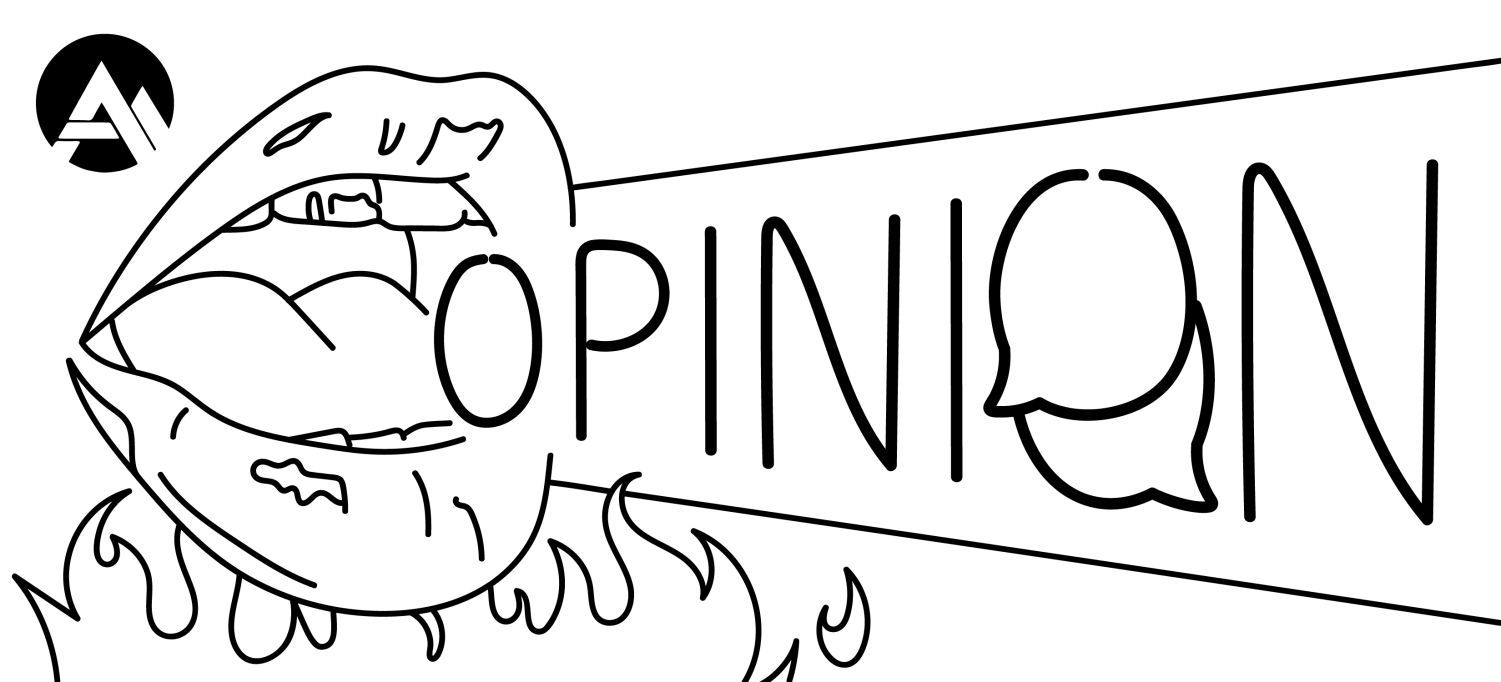


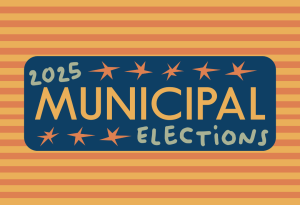
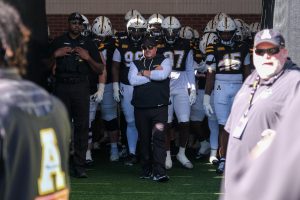


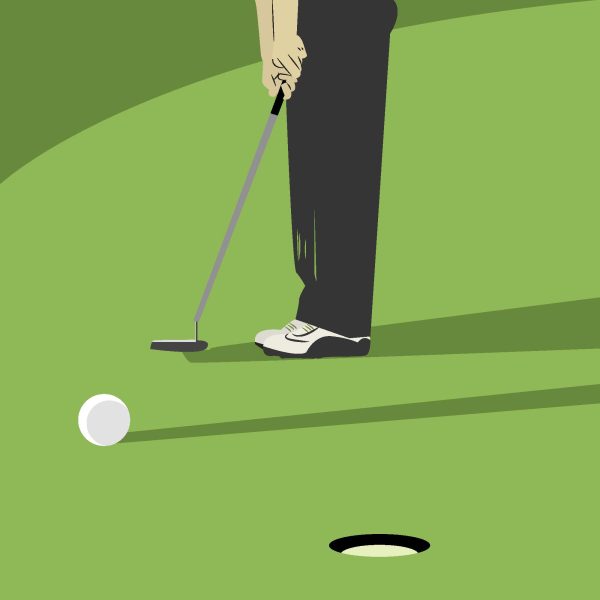




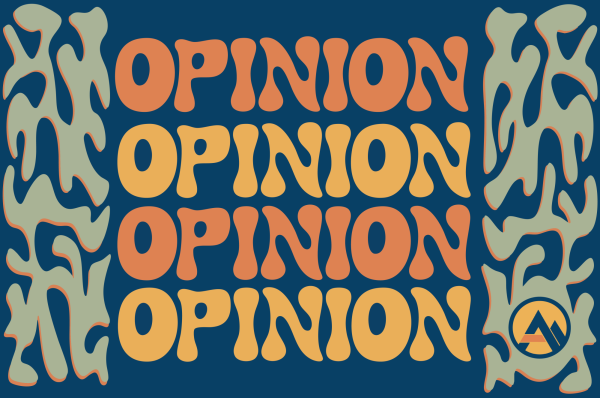
S Lomascolo • Nov 25, 2022 at 6:15 am
Excellent writing.